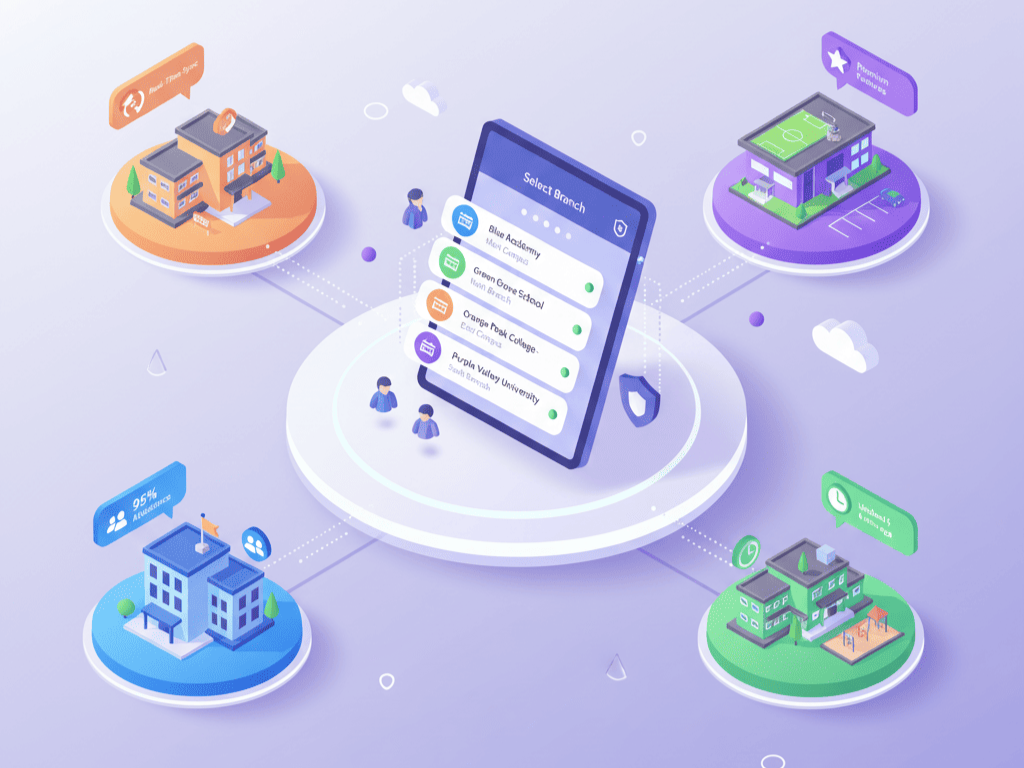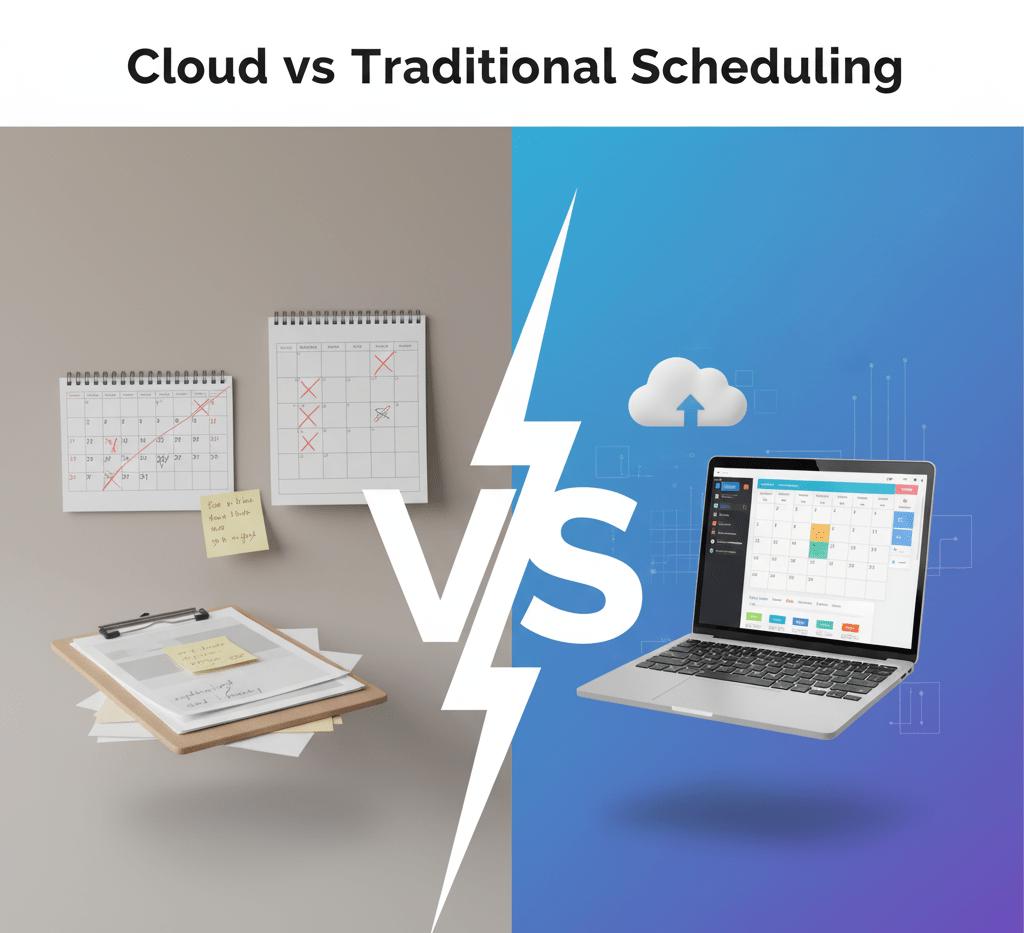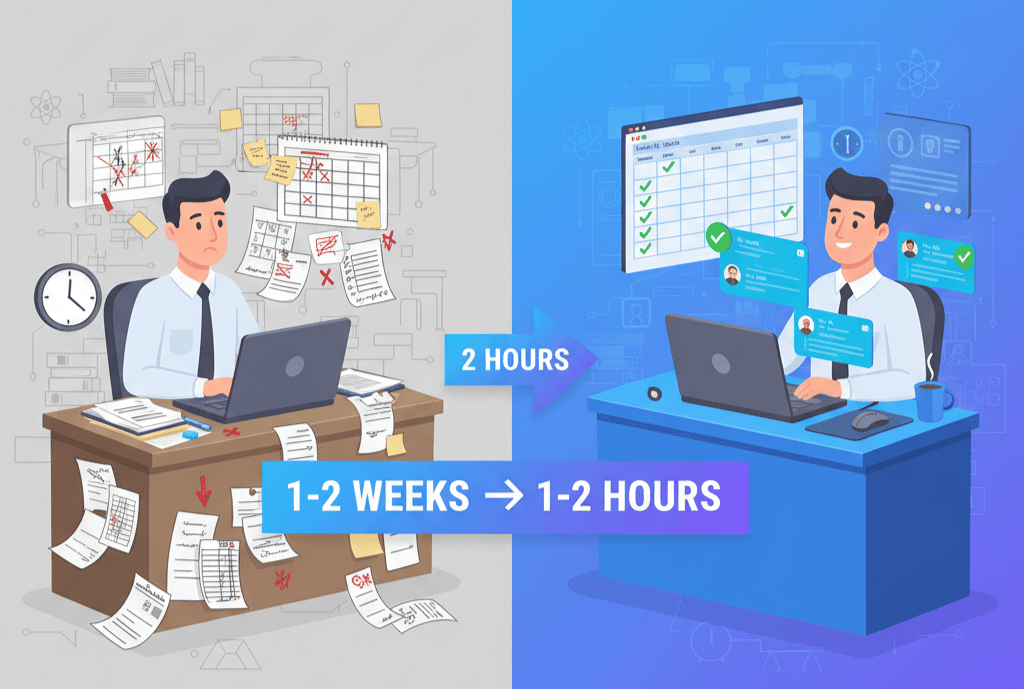In today's digital education landscape, academic scheduling software has evolved beyond simple timetable management. Modern platforms like Academic Scheduler provide comprehensive analytics that help educational institutions make informed decisions about class performance, teacher engagement, and student outcomes.
Understanding Class Performance Through Data Analytics
The Academic Scheduler dashboard reveals crucial insights about class engagement patterns. With Class A, B, and C showing varying levels of student interaction (3.5, 3.0, and 3.5 total views respectively), administrators can identify which classes require additional support or resources.
Key Benefits of Class View Analytics:
- Performance Tracking: Monitor student engagement across different subjects and class sections
- Resource Optimization: Identify underperforming classes that need additional attention
- Trend Analysis: Track engagement patterns over time to predict academic outcomes
- Data-Driven Decisions: Make informed choices about curriculum adjustments and teaching strategies
Teacher Engagement Metrics: The Foundation of Educational Success
Teacher analytics provide equally valuable insights. The dashboard shows varying engagement levels among faculty members:
"Ms. Sara leads with 6 total views, followed by Prof. Ahmed with 4.8 views, Dr. Khan with 4.3 views, and Mr. Ali with 3.5 views. This data helps identify teaching patterns and professional development needs."
How Teacher Analytics Improve Educational Outcomes:
- Professional Development Planning: Identify teachers who may benefit from additional training or support
- Best Practice Sharing: Recognize high-performing educators and share their successful strategies
- Workload Distribution: Ensure balanced teaching loads across faculty members
- Performance Recognition: Acknowledge teachers who consistently engage with the academic scheduling system
Implementing Academic Scheduler for Maximum Impact
To leverage these powerful analytics features effectively, educational institutions should consider the following implementation strategies:
1. Regular Data Review Sessions
Schedule weekly or monthly meetings to review class and teacher analytics. This ensures that insights translate into actionable improvements in academic delivery.
2. Customized Reporting
Academic Scheduler's flexible reporting system allows administrators to generate customized reports that align with institutional goals and academic standards.
3. Integration with Learning Management Systems
Connect Academic Scheduler with existing LMS platforms to create a comprehensive view of student engagement and academic progress.
The Future of Educational Analytics
As educational technology continues to evolve, platforms like Academic Scheduler are becoming essential tools for:
Advanced Features Include:
- Real-time engagement tracking
- Predictive analytics for student success
- Automated reporting and alerts
- Cross-platform integration capabilities
- Mobile-responsive dashboard access
Conclusion: Transforming Education Through Data
The Academic Scheduler dashboard demonstrates how data-driven educational management can significantly impact student outcomes and institutional success. By leveraging class view analytics and teacher engagement metrics, educational institutions can create more effective learning environments, optimize resource allocation, and ensure that every student receives the support they need to succeed.
Whether you're managing a small school or a large university, Academic Scheduler's comprehensive analytics provide the insights needed to make informed decisions about academic scheduling, teacher performance, and student engagement strategies.
Ready to Transform Your Academic Management?
Discover how Academic Scheduler can help your institution leverage data analytics for improved educational outcomes. Get Started Today





